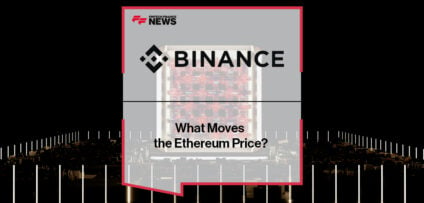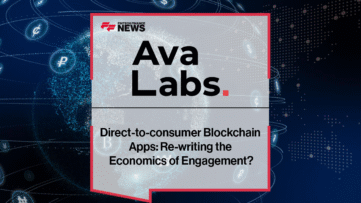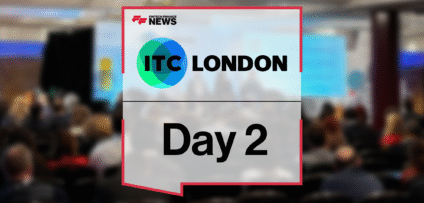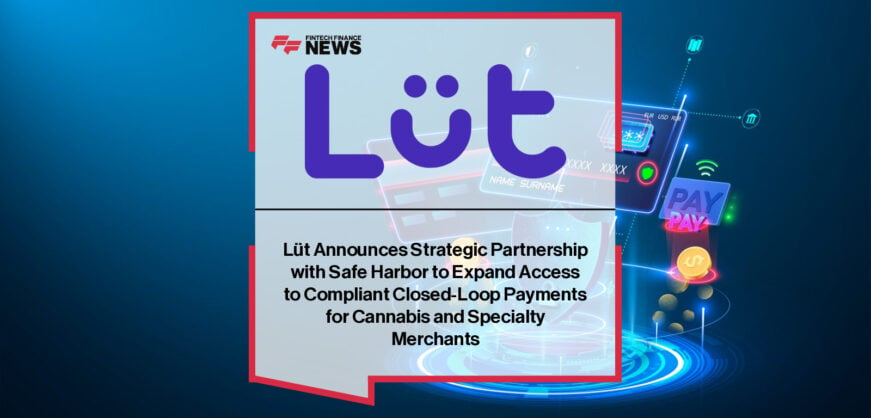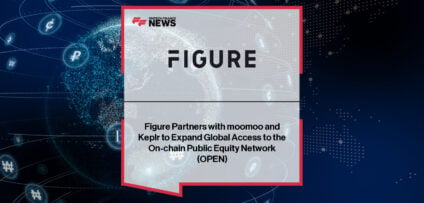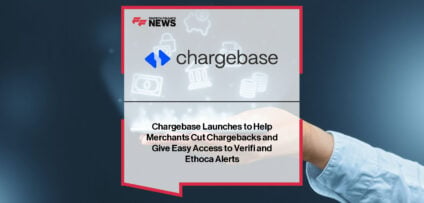Breaking News

EXCLUSIVE: “Open Dialogue” – James Hill, Flexys in ‘Discover Money20/20’
Changing attitudes to credit and financial uncertainty, are driving new levels of consumer debt in the UK. James Hill, CEO of Flexys, explains how it’s using open banking to tackle and prevent defaults
Debt levels are rising fast as cost of living pressures persist, with new accessible forms of credit playing an increasing role in people’s everyday financial interactions. As debt spirals, so, of course, do defaults.
This has prompted a more sophisticated approach to debt recovery that leans into the developing open banking landscape and the ‘always-on’ nature of the digital economy. Credit isn’t inherently bad. It can be used for major life expenses, such as a wedding or a new car, that may otherwise be unaffordable.
The problem is, more and more people are becoming reliant on it. Recent figures from the UK’s Office for National Statistics (ONS) reveal that in 2025, a fifth (21 per cent) of UK adults reported borrowing more or using more credit compared to a year ago.
“Their view of debt has changed significantly,” says James Hill, CEO of Flexys, which provides collections management technology, rooted in real-time insights.
“More innovation has prompted different financial products that are now available to them at the point of sale. We’re seeing people use pay by bank to order pizza, whilst in Malaysia they’re now using buy now, pay later services to purchase their KFC meals. As debt grows, there is a need for a more sophisticated, responsible approach to debt management.”
Flexys provides end-to-end solutions to financial institutions, such as TSB Bank and Virgin Money, and other organisations that need to collect more outstanding debt faster, while also delivering the enhanced customer experience that consumers expect, while all the time remaining compliant. It’s a huge task.
“Flexys is operating at the forefront of debt collection software, and we’ve seen firsthand the challenges and opportunities in our industry,” adds Hill. “Consumer expectations have changed significantly; people expect to be able to reach their bank, their lender, or any provider 24/7 and get outcomes and feedback in real time. Our customers have had to react quickly and adapt in order to provide the services their customers are looking for.”
From a product perspective, Flexys is aiding the transition from manual, inbound conversations between consumers and customer agents towards a much more agile, self-service approach that empowers people by giving them access to around-the-clock debt resolution.
“In terms of the efficiencies you can get from that, some of our clients realise a 10-fold increase in their case-handling capacity,” says Hill. “Others have significantly reduced complaints by implementing innovative new technologies. And then we have customers who are simply collecting much faster than they were before, with one seeing a five per cent uplift in monthly cash collections.
“In order to deliver a customer-first, self-service approach, you really need to be able to offer smarter workflows and automation in the back office to support that real-time resolution in the front office. Our product supports real-time data, which means any information provided by the end customer is available in real time to the agent. So, if the end customer has to divert from a self-service journey to an inbound phone call, all of that information is available, without having to repeat or re-enter anything.”
The open banking shift
Traditional debt collection processes rely on customers, in effect, self-declaring their financial circumstances. But it’s often outdated, misinterpreted or incorrect, the inaccuracies compounded by a deficit in financial literacy. Given the data they’re working with, it’s often hard for lenders to come up with fair resolution plans. And, so, the risk of defaults rises. Open banking has been a game changer as it gives real-time access to a customer’s financial data, enabling more precise income and expenditure assessments.
This, in turn, leads to on-point affordability calculations and better forbearance options. And, with more accurate data, debt collection agents can create tailored repayment plans that reflect the customer’s current financial reality, leading to more sustainable outcomes. Personalised and realistic repayment plans helP to eliminate bias and assumptions from the decision-making process, better aligning with the UK’s Consumer Duty regulations that entered into force in 2023.
“In Malaysia, people are now using buy now, pay later services to purchase their KFC meals”
This alignment is crucial as regulators, such as the Financial Conduct Authority (FCA), continue to emphasise the importance of fairer treatment in financial services. A report by the Civil Justice Council (CJC) highlighted figures from the FCA showing that, as of January 2024, 14.6 million people in the UK (around 28 per cent of adults) weren’t coping financially.
Yet the report also found that a complex and inefficient civil enforcement system was failing both debtors and creditors. Debt advice charities subsequently told a public consultation run by the CJC that traditional debt collection methods often discourage effective engagement with those who owe money. This point can perhaps be best illustrated by the popular, and brutal, Can’t Pay? We’ll Take it Away! reality television show.
The CJC report concluded that both ‘sides’ of the enforcement debate find the current system arcane and difficult for all involved to understand. The CJC said it recognised many debtors were seeking to balance competing financial commitments and weren’t ‘wilfully seeking to avoid paying that which they owe’, although there was also a category of those who ‘could pay, but won’t pay’.
Surely, therefore, it’s much better to prevent lenders and the consumers they serve from ending up in legal action in the first place. And this is part of the promise of software-as-a-service (SaaS) companies like Flexys, who can harness open banking to enable consumers and lenders to reschedule what they owe in line with changing affordability before they hit a crisis in the courts.
Artificial intelligence, powered by open banking data, has the potential to revolutionise debt collection even further. It can enable more predictive decision-making, as well as automated negotiation of repayment plans. For lenders, categorisation accuracy is increasingly integral to the collections process, and this is where the latest developments in AI are shifting the dial.
Last summer, Flexys announced a partnership with open data platform Moneyhub, combining Flexys’ expertise in collections management with Moneyhub’s award-winning AI-powered open banking technology to create a more efficient and customer-focussed collections process. Moneyhub uses community-based, machine-learning technology that constantly improves as customers confirm or amend categories. It shows the merchant, brand, and location of where a transaction was made and delivers categorisation accuracy of nearly 99.5 per cent.
By automating data collection and analysis in this way, open banking significantly softens the pain points associated with manual collections processing. In fact, according to research by Flexys and Moneyhub, it can cut agent handling time by up to 54 per cent, leading to less stress, reduced operational costs and improved customer satisfaction. This more modern approach also leads to faster decision-making and increases the likelihood of completing transactions in real time.
There are other benefits to consider, not least that the verification of financial data through open banking adds an additional layer of security, making it easier to detect fraudulent activity. This reduction in fraud risk not only protects creditors but also ensures that genuine customers are treated fairly.
“The collaboration with Moneyhub marked a significant milestone for Flexys, and indeed the collections industry as a whole,” says Hill. “It allows us to bring unprecedented levels of accuracy, efficiency, and fairness to debt collection processes.”
It indicates the emphasis Flexys places on partnerships, too.
“We’ve integrated with the best vendors on the market, so we can deliver a faster time to value,” says Hill. “This includes modern core banking platforms like Tuum, through to open banking providers like Moneyhub, and also innovative payment providers like Acquired.com.
“This means we can provide our clients with an optimised end-to-end journey, supported by world-class integrations.
This article was published in Discover Money20/20 2025, Page 36-37
People In This Post
Companies In This Post
- Lüt Announces Strategic Partnership with Safe Harbor to Expand Access to Compliant Closed-Loop Payments for Cannabis and Specialty Merchants Read more
- Figure Partners with moomoo and Keplr to Expand Global Access to the On-chain Public Equity Network (OPEN) Read more
- OneDome Raises $25M Pre-Series C, Bringing Total Funding to $40M Read more
- intelliflo and Söderberg & Partners Form Strategic Partnership to Drive Adviser Efficiency Read more
- Axiology Secures €5 Million Seed Funding to Accelerate the Modernisation of Europe’s Capital Markets Read more







